"The Scholar of Linguistics - Sibawayh
In the bustling city of Shiraz, where the fragrance of roses filled the air and the sounds of Arabic poetry echoed through the streets, there lived a scholar whose groundbreaking work in linguistics would forever shape the Arabic language and its grammar. His name was Sibawayh, and his legacy would transcend the boundaries of time and space.
Born into a world where the Arabic language was revered as the language of the Quran and the gateway to divine revelation, Sibawayh's early years were steeped in the rich tapestry of linguistic tradition. Raised amidst the bustling markets and scholarly circles of 8th-century Shiraz, he was exposed to a diverse array of dialects and accents, instilling in him a deep fascination for the intricacies of language.
From the dusty libraries of Shiraz's madrasas to the bustling marketplaces of Basra and Kufa, Sibawayh journeyed far and wide in search of linguistic enlightenment, guided by the belief that the study of language was the key to unlocking the mysteries of human communication. Along the way, he studied under some of the greatest linguists and grammarians of his time, immersing himself in the intricacies of Arabic grammar and syntax.
It was here, amidst the vibrant tapestry of Islamic civilization, that Sibawayh's intellect blossomed like a desert flower, unfolding layer by layer to reveal the dazzling beauty of his linguistic insights. Drawing upon the principles of logic and analysis, he sought to synthesize the diverse strands of Arabic grammar into a coherent and systematic framework.
Yet, Sibawayh's quest for linguistic enlightenment was not without its challenges. Living in a world where tribal rivalries and sectarian divisions often led to linguistic fragmentation, he faced fierce opposition from traditionalists who viewed his grammatical innovations with suspicion and mistrust.
Undeterred by their condemnation, Sibawayh continued to pursue his studies, guided by the belief that the Arabic language was a living testament to the beauty and complexity of human expression. In his magnum opus, the ""Kitab al-Kitab,"" he laid out the principles of Arabic grammar and syntax, offering insights into the structure and evolution of the language that continue to shape the study of Arabic to this day.
As the years went by, Sibawayh's fame spread far and wide, drawing scholars and students from all corners of the Islamic world to study his works on Arabic grammar. His ""Kitab al-Kitab"" became known as the most authoritative treatise on Arabic grammar ever written, serving as a primary source of guidance for linguists and grammarians for centuries to come.
Yet, for all his brilliance, Sibawayh remained humble, ever mindful of the divine source of his inspiration. His legacy, however, would endure long after his passing, a beacon of light amidst the darkness of ignorance, a testament to the enduring power of human intellect and linguistic inquiry.
Influence and Legacy:
Sibawayh's works would go on to influence generations of linguists and scholars, shaping the course of Arabic grammar and language study for centuries to come. His ""Kitab al-Kitab"" remains a foundational text in the field of linguistics, offering insights into the structure and evolution of Arabic that continue to inform the study of Semitic languages to this day.
Yet, despite his monumental contributions, Sibawayh's name would often be overshadowed by those of later luminaries. It was not until the modern era that Western scholars would come to recognize the depth and beauty of his linguistic insights, whose principles of grammar and syntax continue to inspire scholars and students around the world.
Today, as we ponder the mysteries of human communication and the beauty of language, let us remember Sibawayh, whose legacy endures as a testament to the enduring power of human intellect and linguistic inquiry.
Notable Works:
1. ""Kitab al-Kitab"" (The Book of the Book) - A comprehensive treatise on Arabic grammar and syntax, laying out the principles of grammar and syntax that continue to shape the study of Arabic to this day.
2. ""Al-Risala fi al-Nahw"" (Treatise on Grammar) - An introductory text on Arabic grammar, offering insights into the structure and evolution of the Arabic language.
3. ""Al-Kitab al-Muqtadab"" (The Concise Book) - A condensed version of Sibawayh's grammar, offering a concise overview of the principles of Arabic grammar and syntax.
Related Scholars:
Sibawayh's legacy resonated with later linguists and grammarians, including al-Farra, al-Zamakhshari, and Ibn Jinni, who built upon his insights and expanded the horizons of Arabic grammar and language study.
"
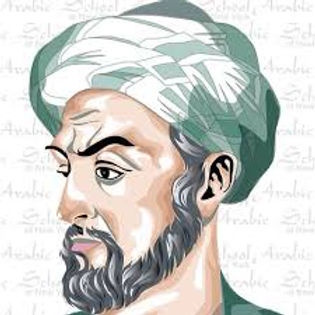






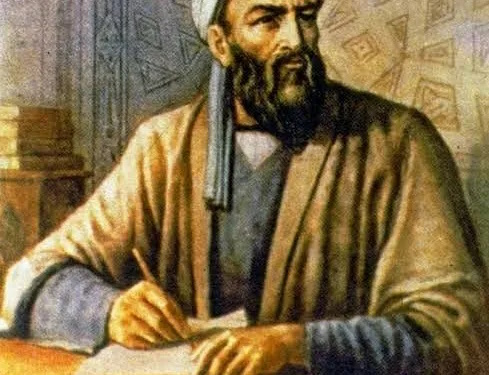


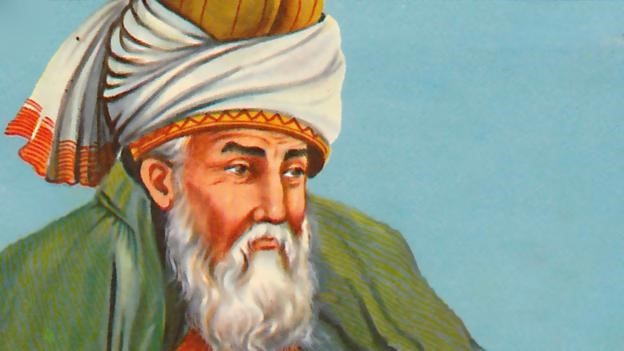







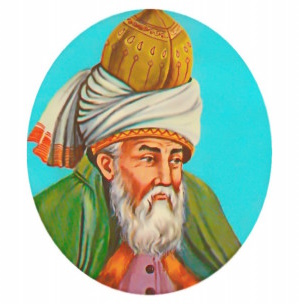



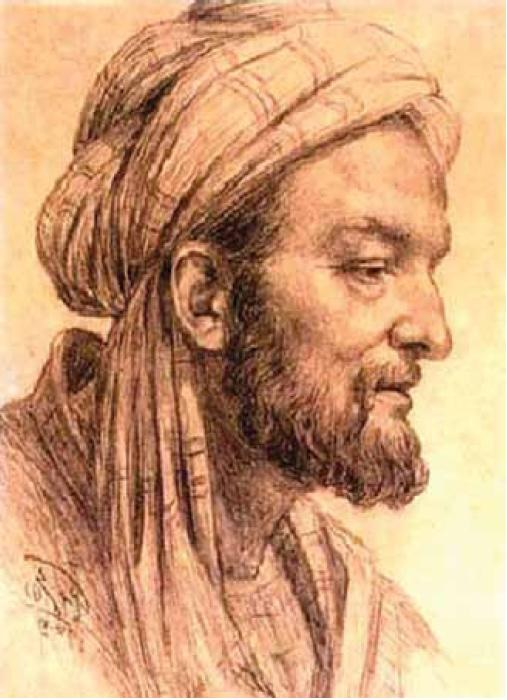



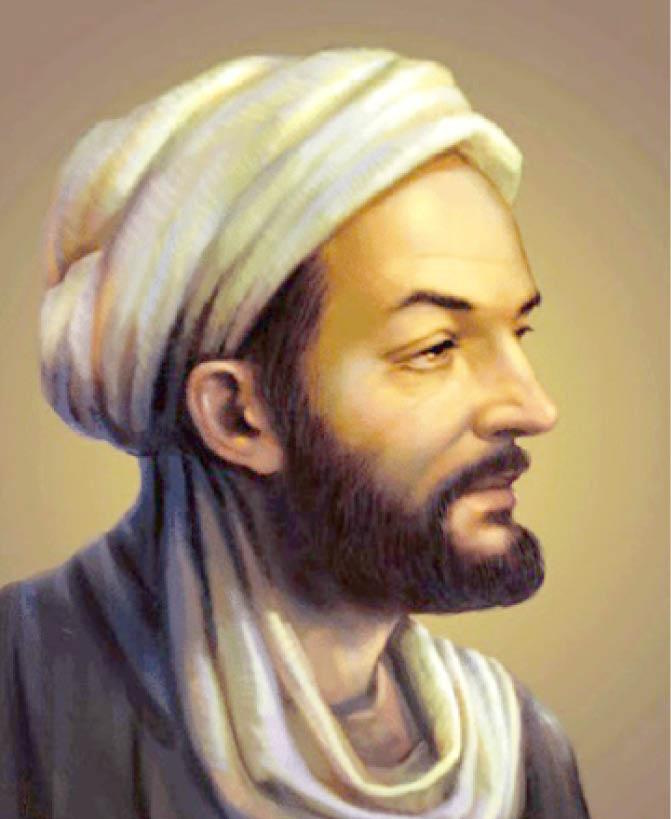



Shamim Islam
حذف نظر
آیا مطمئن هستید که می خواهید این نظر را حذف کنید؟
حذف نظر
آیا مطمئن هستید که می خواهید این نظر را حذف کنید؟
حذف نظر
آیا مطمئن هستید که می خواهید این نظر را حذف کنید؟